Book Review: Has Medicine Lost Its Mind? by Dr. Robert C. Smith
Common Sense Family Doctor
MARCH 18, 2025
The first few chapters discuss the problems with mental health care in the U.S. Dr. Smith shares the stories of several patients he met during residency and his early years in practice who illustrate the bad outcomes that accompany not attending to patient's emotions and focusing solely on their physical problems.

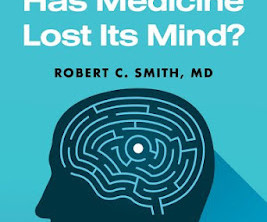
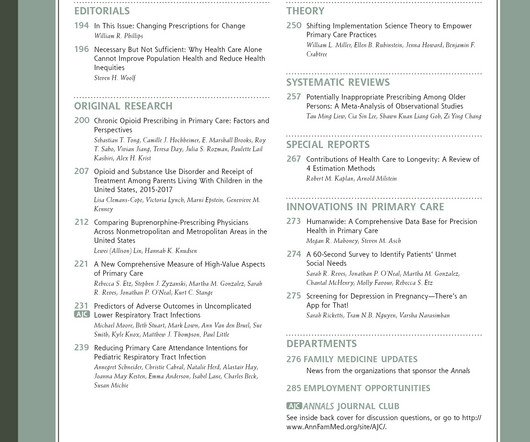













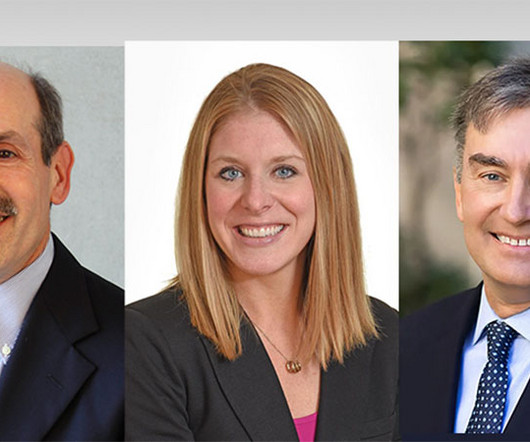

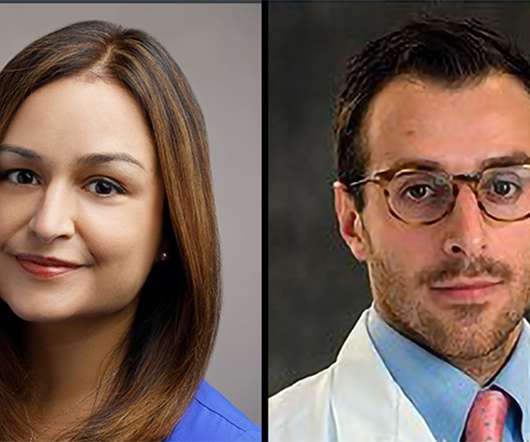



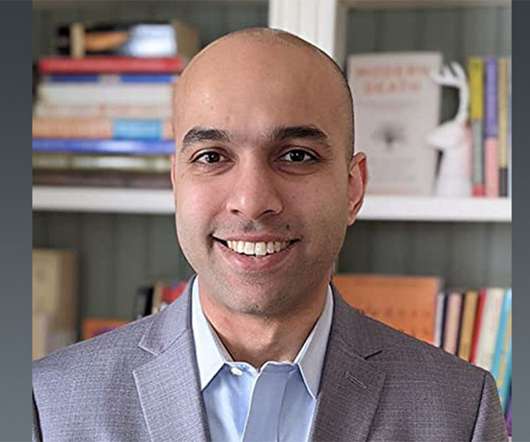






Let's personalize your content